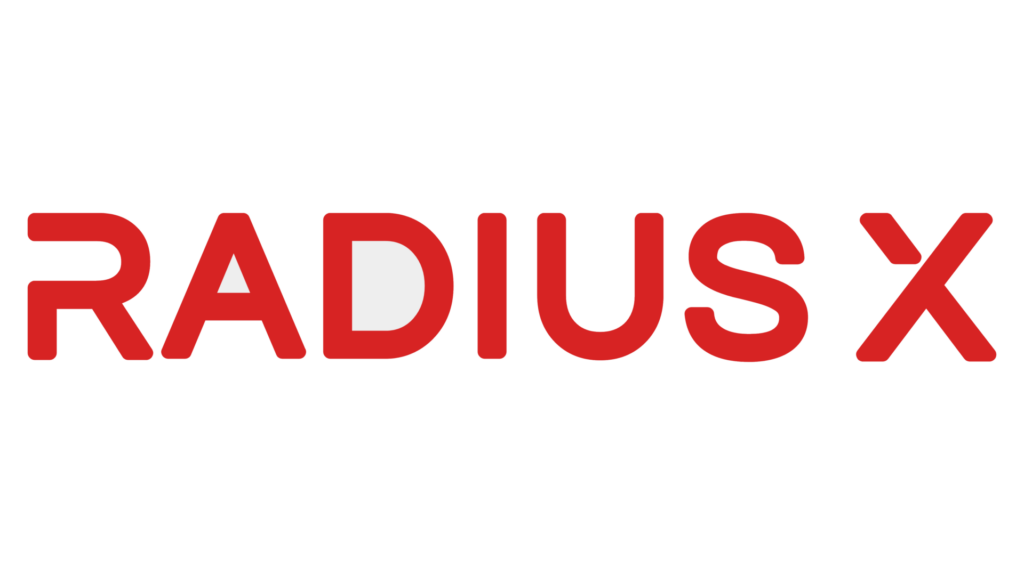AI & Machine Learning in Educational Assessment
August 23, 2022
By. Dr. Harjot Dhatt
Educational Psychologist, Radius Global
Artificial Intelligence (AI) has played a large role in this digital transformation that the education sector has witnessed in recent years. Traditionally speaking, education has been slower to adopt emerging technologies in comparison to other industries like banking, healthcare, and entertainment. The use of AI in testing and assessments is still somewhat early in its development and still requires a human element to ensure accuracy and success. However, the long-term benefits of incorporating AI in classroom teaching and assessments are substantial.
AI-based technologies are mainly used in two types of assessment’s; summative and formative. The summative assessment occurs at the end of the specific course to determine the learning outcomes. In formative assessments, teachers check student understanding, accumulate valuable data on student learning, and then use that data to modify course delivery. There are formative assessment applications for everything from discussion forums to quizzing, polling, and student responses to interactive lessons and videos. AI, again is mainly used in the process of formative evaluation and also for the automatic grading of students. AI-based assessments help to provide personalised feedback on students’ performance.
Artificial intelligence-based tools when used in summative assessment, shortens the time duration of evaluation and improve the manual correction activities. Research by Vittorini, P.; Menini, S. & Tonelli, S. (2021) concluded that there was a 43% reduction in time to evaluate an assignment.
When we look at this from the student’s perspective, these tools include the ability to support their understanding of the subject, interpret, apply concepts and theories appropriately. AI in educational assessment allows measuring of performance through score constructed responses, so teachers no longer have to spend hours on time-consuming “hand scoring”. Instead, they can analyse student individual learning progressions, customize learning paths per the needs of each individual student. Efficiency and accuracy are at the forefront of measuring assessment through AI-based technologies. These technologies also allow students to experience more real-life scenarios and provide equal opportunity in terms of access to education.
The essence of artificial intelligence (AI) in both summative and formative contexts is the concept of machine ‘learning’ – where the computer is ‘taught’ how to interpret patterns in data and ‘trained’ to undertake predetermined actions according to those interpretations. This machine intelligence has arguably facilitated many of the huge step-changes underpinning the transformation to the 21st century’s information society – in all areas. In educational assessment, the same underlying concepts of machine learning apply. If the computer can be ‘taught’ the content that students are required to know and can ask questions to which it has ‘learned’ the answers, it can assess those students on their knowledge.
In a more sophisticated step, Somasundaran et al., (2015) asserted that if the computer can learn what quality criteria apply to a student’s understanding and application of that knowledge in relation to an assessment task, whether written or verbal, and can learn how to identify these criteria in the student’s responses, it has the potential to assess the quality of the work.
Student assessment is a laborious and time-consuming task. It takes up alot of teachers’ schedules. AI-based automated assessment systems could free up teacher’s time allowing them to focus on improving classroom engagement with students.
AI-driven assessment software can provide insight into students’ learning processes. The in-build data mining algorithms can handle the 4 v’s in students’ log data, namely volume, veracity, velocity, and variability. These algorithms can be used to assess students in a real-time environment so as to provide constructive and progressive feedback without using the critical instructional time for assessment. AI-based assessment helps the teachers get a more detailed and accurate picture of students’ performance. AI-assessment systems are likely to bring important changes to the exam culture at schools and universities leading to fundamental transformation of the current assessment methods.
Al & Machine Learning has been a tremendous advancement in the learning and assessment space. AI-driven assessment and feedback systems enable students to receive more detailed feedback than teachers can provide with the average teacher to student ratio, especially in developing countries. However, designing a flawless algorithm for Automated Essay Scoring or a Computer Adaptative Test with a qualitative verbal component is still a work in progress. However, many believe that the advancement of new technologies in Machine Learning, NLP and AI will bring tremendous disruption to the education sector in the next decade.
Reference
Vittorini, P.; Menini, S. & Tonelli, S. (2021). An AI-Based System for Formative and Summative Assessment in Data Science Courses. International Journal of Artificial Intelligence in Education, 31(1)
Somasundaran, S., Lee, C. M., Chodorow, M., & Wang, X. (2015). Automated scoring of picture-based story narration. In Proceedings of the tenth workshop on innovative use of NLP for building educational applications (pp. 42– 48). Association for Computational Linguistics.
Page, E. B. (1966). The imminence of … grading essays by computer. Phi Delta Kappan, 47(5), 238– 243.
Ben-Simon, A., & Bennett, R. E. (2007). Towards more substantively meaningful automated essay scoring. Journal of Teaching, Learning and Assessment, 6(1), 4– 44.
